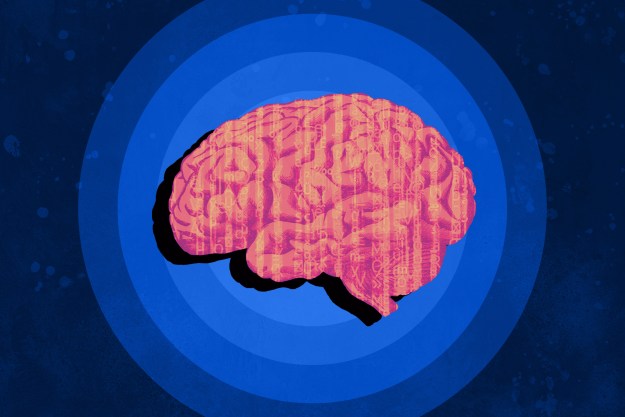 Apple Inc must “immediately make clear” what data it collects from users of its products and for what purposes, Germany’s justice minister was quoted as saying by Der Spiegel magazine on Saturday.
Apple Inc must “immediately make clear” what data it collects from users of its products and for what purposes, Germany’s justice minister was quoted as saying by Der Spiegel magazine on Saturday.
“Users of iPhones and other GPS devices must be aware of what kind of information about them is being collected,” Sabine Leutheusser-Schnarrenberger told the German weekly.
According to Der Spiegel, the minister’s criticism was aimed at changes Apple has made in its privacy policy whereby the company can collect data on the geographic location of the users of its products — albeit anonymously.
Leutheusser-Schnarrenberger said she expected Apple to “open its databases to German data protection authorities” and clarify what data it was collecting and how long it was saving the data.
An Apple spokesman said he could not comment on the report.
Germany has some of the toughest privacy laws in the world as a result of its experience with state surveillance systems once put in place by the Nazis and the former East German Stasi secret police.
The German consumer protection minister made headlines earlier this month when she said she would quit Facebook over what she called privacy law violations.
Meanwhile, after an audit requested by Germany, Google Inc in May acknowledged it had been for years mistakenly collecting personal data sent by consumers over wireless networks.
The justice minister said it would be “unthinkable” for Apple to create personality- or location-based user profiles.
“Apple has the obligation to properly implement the transparency so often promised by (CEO) Steve Jobs,” she said.
Editors' Recommendations
- Meta wants to supercharge Wikipedia with an AI upgrade
- Sustainable with Google 2021: Nest Renew, traffic light efficiency, and more
- This startup wants to deepfake clone your voice and sell it to the highest bidder
- Behind the scenes: How Apple designed its most exclusive product ever
- The 17 best tech gifts for the whole family


